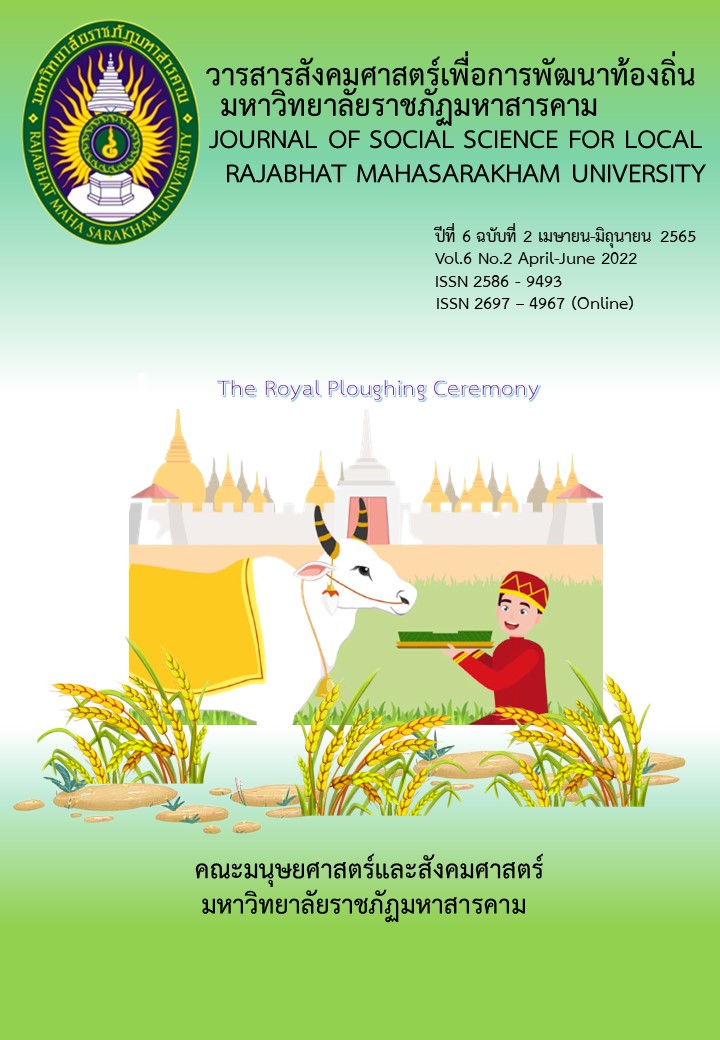Protection of the Rights of Inmates in Military Prisons.
Keywords:
Protection of Rights, Inmate, Military PrisonsAbstract
This research consists purposes 1. study the concept of punishment theory and the protection of the rights of the inmates in military prisons, 2. study the problem of measures to protect the rights of military inmates to discipline military personnel in military prisons in Thailand, 3. study and compare measures to protect the rights of military inmates in military disciplinary action in military prisons in Thailand, Australia, UK and USA and 4. suggest ways to improve the protection of the rights of military inmates in the disciplining of military personnel in Thailand in order to conform with the international standards. This independent study is a qualitative research study basing on a documentary research method by studying textbooks, books, dissertations, research papers, articles, and ordinances concerning the rights of inmates in military prisons and military disciplinary action in Thailand and abroad then use the information gathered from various related documents for content analysis. Finding issues as follows: 1) The consideration of punishment is contrary to international principles. The military commander did not consider the measures of punishment as required by the law. By giving the power to prison officers, soldiers, or anyone else, who have the power to order punishment, they can punish the inmates themselves, which uses harsh punishment in order to create deterrence and not to set an example for other inmates. According to international principles, this should be defined as the power of the military court to consider punishment. This is to protect the rights of military inmates. 2) The supervisor has a broad scope of discretion when it comes to imposing punishment. If a military organization gives commanders the power to exercise discretion against their subordinates, it can result in violence against minority soldiers. 3) The comparative study finds that the rights of military inmates in military disciplinary action is protected by administrative court. Moreover, military inmates can refuse to accept the disciplinary punishment and file a petition to the military court to render judgment upon the appropriate punishments. and 4) Consequently, the Military Prison Act of 1936 and the Military Discipline Act of 1933 are proposed to be amended to conform to the present circumstances. The amendment of military law must provide equivalent protection between the rights of military inmates and the rights of civilian prisoners.


